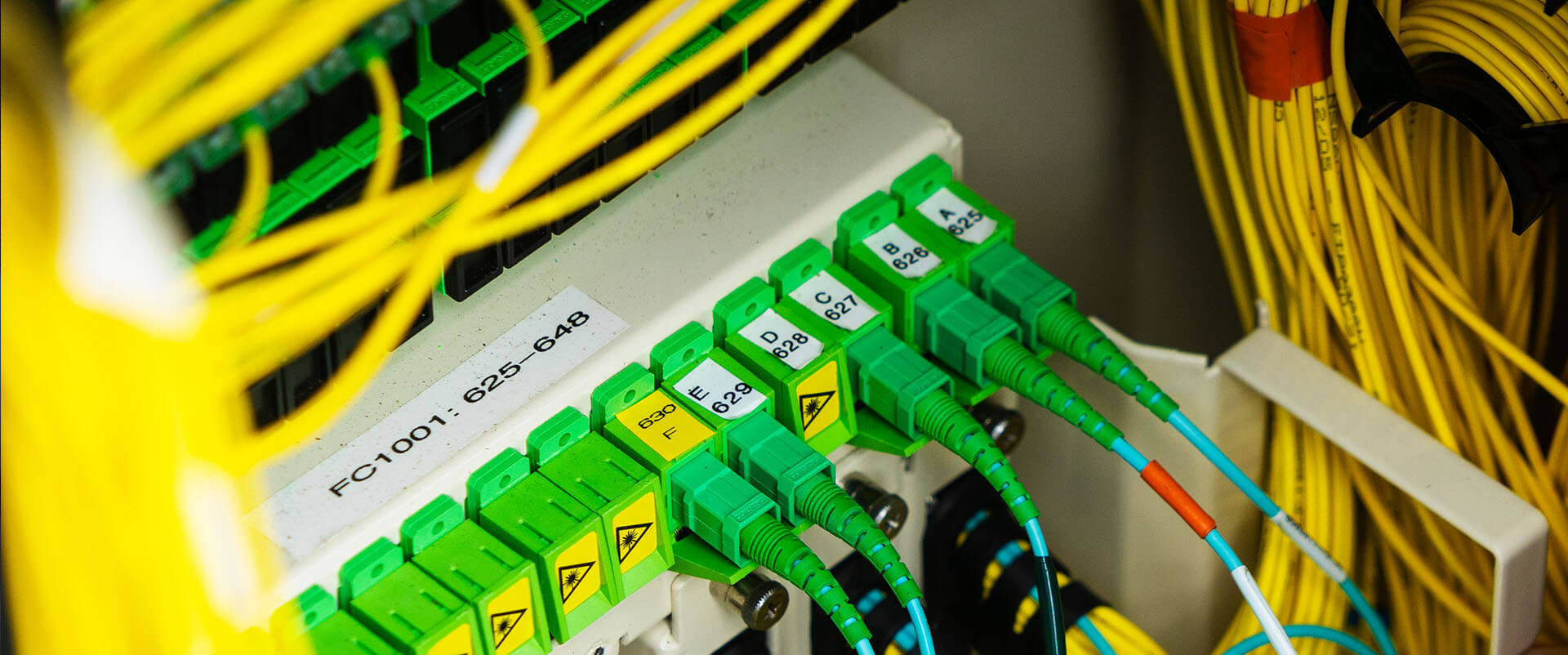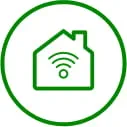In our fast-paced digital age, internet connectivity plays a critical role in shaping our daily lives. As technology advances, so does the demand for faster and more reliable internet. One technology that has emerged as a game-changer in the realm of connectivity is fiber internet. This revolutionary infrastructure offers many benefits that go beyond just speed. Let’s dig into the various advantages of fiber internet and how it’s transforming the way we connect and communicate.
Ultra-fast speeds
The most noticeable and perhaps the most celebrated benefit of fiber internet is its incredible speed. Traditional broadband connections rely on copper cables, which have limitations in data transfer speed. Fiber optics, on the other hand, use pulses of light to transmit data, allowing for significantly faster speeds. With download and upload speeds reaching up to 1 gigabit per second (Gbps), fiber internet ensures that you can stream high-definition videos, participate in seamless video conferences and download large files in the blink of an eye.
Low latency for real-time applications
Apart from raw speed, fiber internet excels in low latency, making it ideal for real-time applications. Gamers, for instance, benefit greatly from reduced lag, providing a smoother gaming experience. Video calls and online meetings are also enhanced, as the low latency ensures minimal delay in communication, fostering a more natural and responsive interaction.
Reliability and consistency
Fiber optic cables are known for their durability and resistance to environmental factors. Unlike traditional copper cables, fiber optics are less susceptible to interference from electromagnetic signals and are not affected by weather conditions. This makes fiber internet more reliable, ensuring a consistent and stable connection regardless of external factors. Businesses, in particular, appreciate the reliability of fiber internet as it minimizes downtime and ensures uninterrupted operations.
Greater bandwidth capacity
Fiber internet boasts an enormous bandwidth capacity, meaning it can handle a much higher volume of data simultaneously. This is crucial in today's world where households and businesses have numerous connected devices. Whether it's smart homes, large-scale video conferencing in businesses or multiple users streaming content simultaneously, fiber internet can accommodate the growing demand for bandwidth without compromising performance.
Symmetrical upload and download speeds
One unique feature of fiber internet is its symmetrical upload and download speeds. Unlike traditional connections that often have slower upload speeds, fiber optics provide equal performance for both uploading and downloading. This is particularly advantageous for activities like cloud computing, video conferencing and content creation, where a fast upload speed is essential.
Future-proof infrastructure
Investing in fiber internet is akin to future-proofing your connectivity. As technology continues to evolve, the demand for higher speeds and greater bandwidth will only increase. Fiber optic infrastructure is well-positioned to meet these future demands, making it a wise investment for individuals and businesses alike. Upgrading to fiber internet ensures that you stay ahead of the curve and can seamlessly adopt emerging technologies without worrying about connectivity bottlenecks.
Environmental impact
Fiber internet is not only beneficial in terms of performance but also in its environmental impact. The production and use of fiber optic cables results in lower energy consumption compared to traditional copper cables. Additionally, fiber optics have a longer lifespan, reducing the need for frequent replacements and minimizing electronic waste. As the world becomes more conscious of sustainable practices, fiber internet stands out as an eco-friendly choice in the realm of connectivity.
Whether you're a casual internet user, a dedicated gamer or a business looking for a robust and scalable solution, fiber internet offers a transformative and unparalleled connectivity experience. It's not just about being connected; it's about being connected seamlessly and effortlessly, unlocking the true potential of the digital age.






